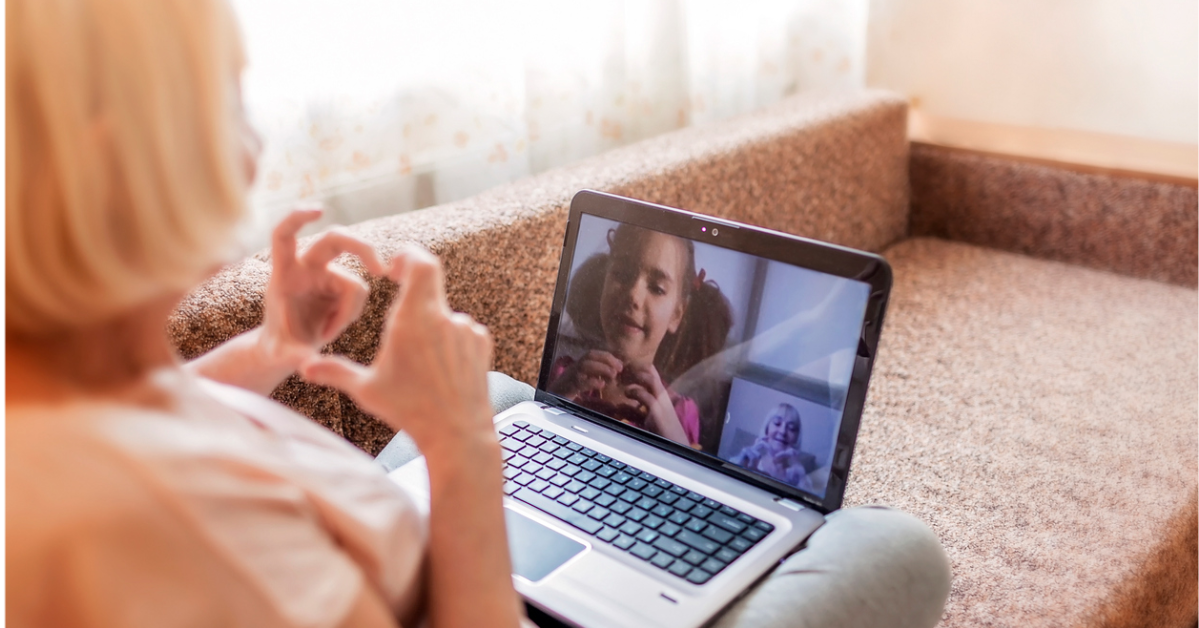As the nation sputters back to normalcy, individual behaviors may contribute to survival for oneself as well as family, friends, and strangers.
Delaying gratification—continuing to shelter in place, using face masks assiduously, conscientious hand washing, and practicing other validated actions to avoid getting or giving Covid-19—may confer better outcomes for individuals and society in general.
A half-century ago, the famous Stanford marshmallow experiment entitled “Cognitive and Attentional Mechanisms in Delay of Gratification,” with lead author Walter Mischel, described a psychological study involving four-year-old children who were placed in a room with a tasty snack, such as a marshmallow, and told that if they could wait for a short time before eating it, they would get an extra snack as a reward.[1]
Children who had this self-discipline were generally found later in life to enjoy higher academic success and better physical health. Specifically, “the self-regulated group was socially more competent, verbally fluent, rational, attentive, planful, and able to deal well with frustration and stress.”[2] When older, they were less likely to become obese.[3]
Later studies using larger numbers of children cast some doubt on the predictive abilities but did show a very interesting additional finding—the mother’s educational achievement also had influence on the ability to resist eating the marshmallow immediately.[4]
Social determinants of health (SDOH), now all the rage and responsible for about 80% of health and wellness, might have been tripped over in this 1970s demonstration. Fifty years later, we are sadly experiencing the same response to deferring rewards—but this time with Covid-19, the reward is a return to all aspects of previously normal life from shopping at the mall to eating at restaurants.
Another interesting finding in the initial study and subsequent studies showed that trust in the person offering the reward also had a significant effect. Results showed children wait longer when the experimenter is judged as reliable. Because children are rational, self-control is not the sole determinant in delay-of-gratification success.[5]
Again, consider the current Covid-19 situation. The trust the public has with leadership—both government and business—varies widely and is obviously critical to the public’s responsiveness and diligence in following safe practices.
Group behavior also has great influence. In a 2018 study, investigators used the classic marshmallow format with a novel twist: some children were informed that their friends would be or would not be waiting for the reward of a second marshmallow. These children were more likely to follow their peers and go with the herd mentality. A third “control” cohort of children were isolated from outside influence and responded in the classic manner to the challenge with self-control.[6]
Humans are social creatures wanting to be part of a group. Survival over the eons depended on families, tribes, communities, and nations being mutually supportive. In sum, they want to follow and mimic others. Observing Covid-19 precautions by wearing masks and physically distancing are the most obvious signals of group influence. Judging those who are not being observant is not as beneficial as practicing proper activities yourself.
Another relevant study comparing three birth cohorts with similar middle-high socioeconomic backgrounds in the late 1960s, 1980s, and 2000s showed an advancement in delayed gratification over the decades. Regarding this improvement, the researchers hypothesized: “increases in symbolic thought, technology, preschool education, and public attention to executive function skills have contributed to this finding, but caution that more research in diverse populations is needed to examine the generality of the findings and to identify causal factors.”[7]
Delayed enjoyment of normal life is causing significant stress. People’s response to stress is as important as the stress itself—a principle the world is reliving currently. One historical example is the Outward-Bound organization, founded during WWII, to help solve the troubling phenomenon of stranded young sailors, seemingly fit and resilient, dying more frequently than trapped older sailors. Similarly trained, an octogenarian survived whereas the twenty-year-old perished. “The distinguishing factor between young and old was not technical survival skills, but rather that the older sailors possessed self-reliance, selflessness, and core experiences that could guide them through grueling trials,” according to The Story of Outward Bound and Why Experiential Education Matters.[8]
Modern society has struggled with self-discipline and grit for decades. However, unimaginable when the initial “marshmallow” experiments were conceived, Covid-19 challenges have been aided and abetted by overwhelming media-ubiquity as well as rapid and facile travel. Helpful though, has been the power of technology to connect society in many ways along with precise diagnosis, better treatments, and improved outcomes.
The Covid-19 journey as an individual, organization, community, state, or nation started with naïve denial, moved to reluctant acceptance, transitioned to shelter-in-place, and progressed to cautious reopening. Returning to the “old normal” most think will not be possible.
Response by individuals, trust developed by leaders, behaviors by peers, and tenacity to endure all determined outcomes in the marshmallow experiments and Outward-Bound experience. The comparable, collective reaction to the Covid-19 challenge will determine the future.
Sources
1. “Cognitive and attentional mechanisms in delay of gratification,” by Walter Mischel, Ebbe Ebbesen, and Antonette Raskoff Zeiss, Journal of Personality and Social Psychology, 1972.
2. “The nature of adolescent competencies predicted by preschool delay of gratification,” by Walter Mischel, Yuichi Shoda, and Phillip Peake, Journal of Personality and Social Psychology, 1988.
3. “Preschoolers’ Delay of Gratification Predicts their Body Mass 30 Years Later,” by Tanya Schlam, Nicole Wilson, Yuichi Shoda, Walter Mischel, and Ozlem Ayduk, The Journal of Pediatrics, January 2013.
4. “Revisiting the Marshmallow Test: A Conceptual Replication Investigating Links Between Early Delay of Gratification and Later Outcomes,” by Tyler Watts, Greg Duncan, and Haonan Quan, Psychological Science, May 2018.
5. “Rational snacking: Young children’s decision-making on the marshmallow task is moderated by beliefs about environmental reliability,” Celeste Kidd, Holly Palmeri, and Richard Aslin, ScienceDirect, January 2013.
6. “Group Influences on Engaging Self-Control: Children Delay Gratification and Value It More When Their In-Group Delays and Their Out-Group Doesn’t,” by Sabine Doebel and Yuko Manakata, Psychological Science, April 2018.
7. “Cohort effects in children’s delay gratification,” by Stephanie Carlson, Yuichi Shoda, Ayduk, Aber Ozlem, Lawrence Schaefer, Catherine Sethi, Anita Wilson, Nicole Peake, k. Philip, and Walter Mischel, Developmental Psychology, 2018.
8. “The Story of Outward Bound and Why Experimental Education Matters,” by David Phillips, FSG Reimaging Social Change, January 2013.






